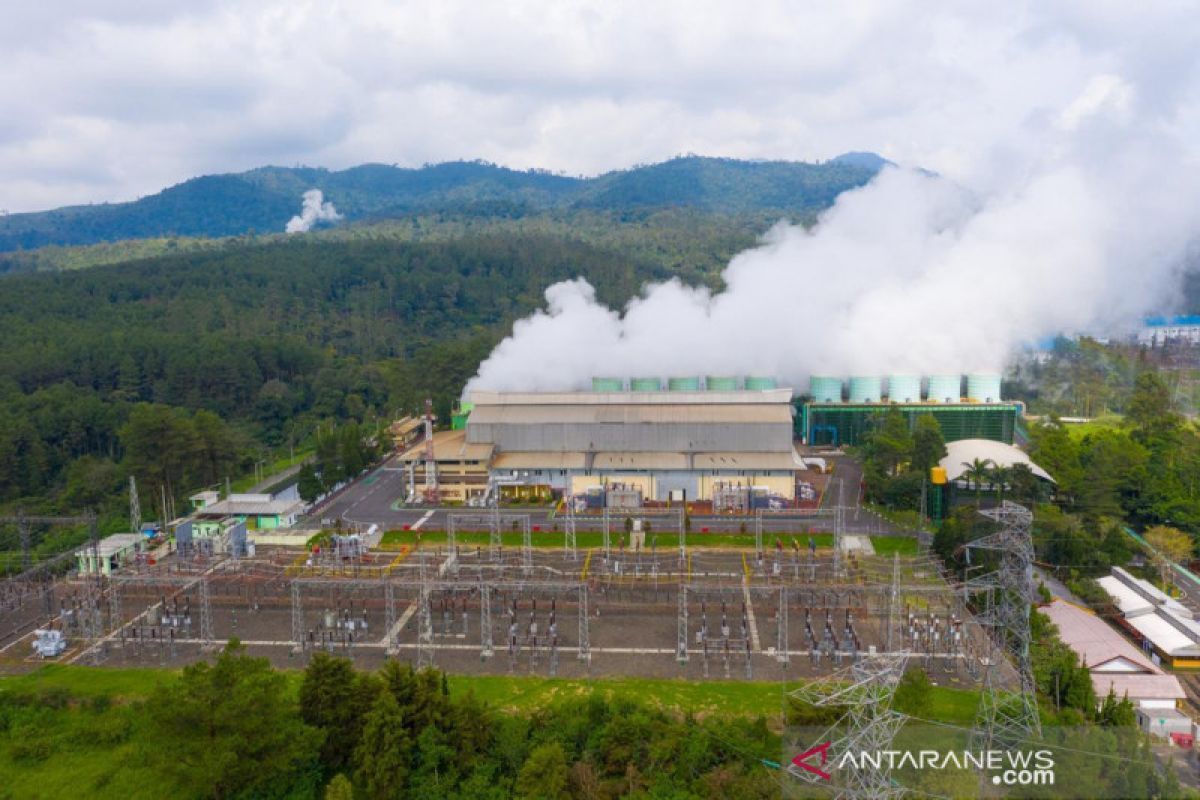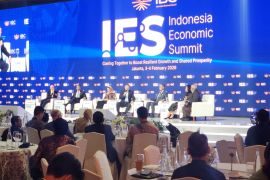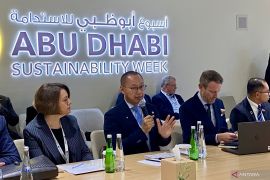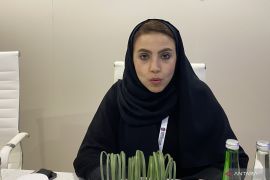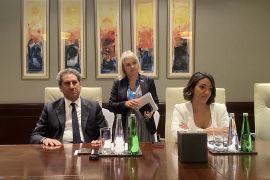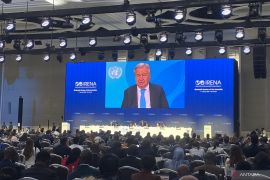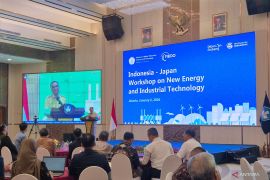KEN and RUEN, which should be the basis of the energy policy, are no longer prospective as road maps to achieve carbon emission targetsJakarta (ANTARA) - The Indonesia Mining and Energy Forum (IMEF) has suggested the government to formulate a new roadmap for energy transition to avoid economic disruption in future.
IMEF Chairman Singgih Widagdo remarked that the current National Energy Policy (KEN) and General National Energy Plan (RUEN) were still oriented towards the use of fossil energy.
"KEN and RUEN, which should be the basis of the energy policy, are no longer prospective as road maps to achieve carbon emission targets," Widagdo noted in his statement on Thursday.
He called to laud the government's breakthrough through the National Energy Grand Strategy (GSEN). However, the main essence of GSEN should be adopted into the revised version of KEN and RUEN.
In the KEN and RUEN last compiled in 2017, the government had still necessitated oil and gas and coal to constitute 77 percent of the national energy mix in 2025, while new and renewable energy (EBT) is only 23 percent.
Related news: Pertamina to build 500-MW solar power plants
Until 2050, the share of fossil energy is still dominant, at 69 percent, while that of clean energy only increases to 31 percent.
These regulations have compelled Indonesia to face big challenges to accomplish the target of reducing carbon gas emissions from the energy sector.
As one of the signatory countries to the Paris Agreement, Indonesia faces two mammoth tasks: pursuing the eight-percent economic growth target and reducing carbon emissions.
The IMEF cautioned of the threat of economic disruption in the absence of a clear national energy transition roadmap.
"Availability of adequate energy is the main prerequisite for achieving economic growth," Widagdo emphasized.
Related news: PLN to focus on building renewable-energy power plants
Currently, Indonesia's final energy consumption reaches around 3.12 barrels of oil equivalent (BOE) per capita, while electricity consumption is 1,094-kilowatt hours (kWh) per capita.
The space for energy consumption to grow is still open. Hence, energy transition in Indonesia must take into account the growth of energy consumption in future.
With the global trend towards zero carbon emissions, it is inevitable that most of the future energy supply must come from renewable energy sources.
Earlier in his speech on the occasion of the 76th Independence Day of the Republic of Indonesia, President Joko Widodo reaffirmed Indonesia's commitment to developing renewable energy and the green economy.
In the IMEF study, the revision of KEN and RUEN became a crucial point in the energy transition owing to their position as the main road map.
Related news: President encourages shift towards new, renewable energy
Related news: Indonesia Eximbank assists MSMEs to enter global market
Translator: Sugiharto P, Resinta S
Editor: Fardah Assegaf
Copyright © ANTARA 2021
